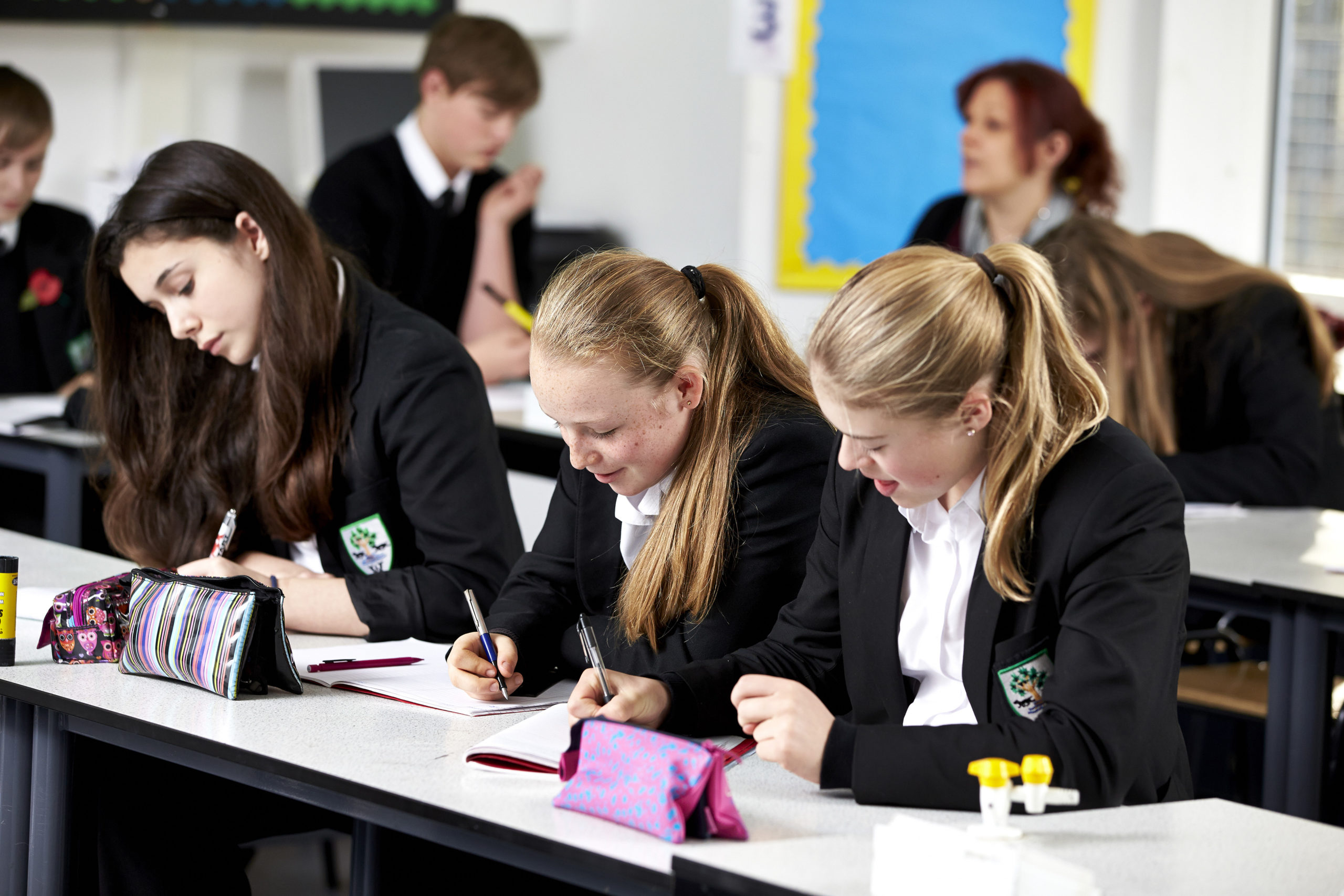Research from Stanford University and University of California shows that engaging young people’s identitieshas a positive impact on their school achievement and attendance. Norwegian research shows that teachers are key to creating a sense of shared identification with school amongst young people, a factor that increases their likelihood of achieving at school. One of the challenges for teachers and schools in engaging young people’s identities and creating a shared sense of identification with school can be curriculum and examination pressures. But identity and equality issues arise still arise in the planned curriculum, and due to the wider circumstances and interests of each school population. It’s worth remembering from a youth freedom of expression point of view that guidance for schools on the Equality Act also notes that the content of the curriculum is not included under its provisions, only the delivery of the curriculum. The exclusion of curriculum content is explicitly described in the guidance as facilitating freedom of expression. It states:
Excluding the content of the curriculum ensures that schools are free to include a full range of issues, ideas and materials in their syllabus, and to expose pupils to thoughts and ideas of all kinds, however challenging or controversial, without fear of legal challenge based on a protected characteristic. But schools will need to ensure that the way in which issues are taught does not subject individual pupils to discrimination.
The Equality Act 2010 and Schools (Department for Education 2014, p. 13).
This statement raises lots of questions. For example, how are we to balance teachers’ professional authority and the demands of schooling with the right of young people to express themselves on their identities, or on social and political issues, e.g., climate change? Certainly in February 2021, government re-issued guidance for schools on political impartiality in schools in the wake of reports of Year 6 pupils criticising the then former Prime Minister. But there is a lack of research on the ways in which schools negotiate impartiality, which in turn means there’s a lack of good evidence in the English context on what can help schools and young people to negotiate such issues.
The project aims to develop a greater understanding of what support young people, teachers, schools and wider school communities need to engage democratically on equality issues. In the wake of Brexit and ongoing debates about race and faith equality, we focus on these issues in particular. Individual schools who take part will benefit from having bespoke, confidential reports which they can use to plan for school improvement, enrichment, pastoral care and Ofsted/inspection both in discrete curricular areas and across the whole school. Schools participating in the national survey will benefit from a confidential report which compares their anonymised pupil survey results to those of pupils across England, and schools participating in our in-depth case studies will benefit from anonymised case study comparisons with a small number of contrasting schools. Also, the project team will be compiling resources on this website to support all participating schools.

